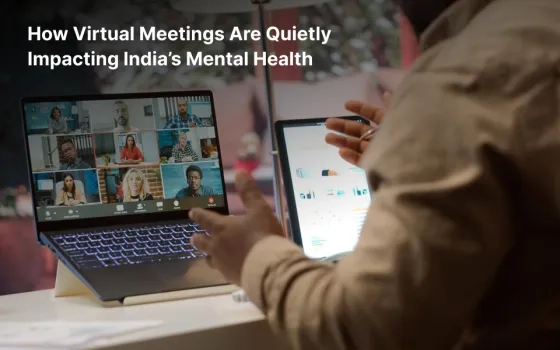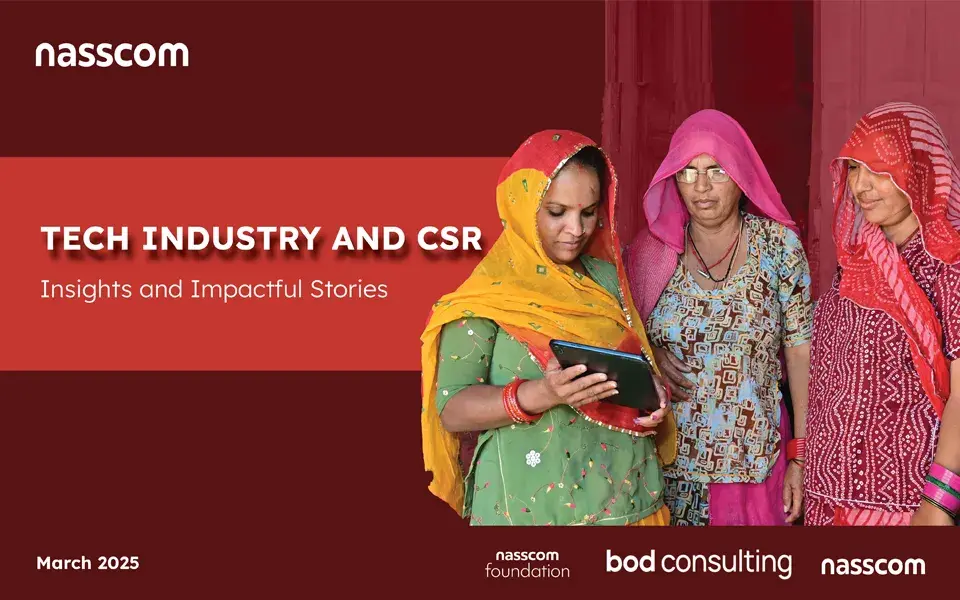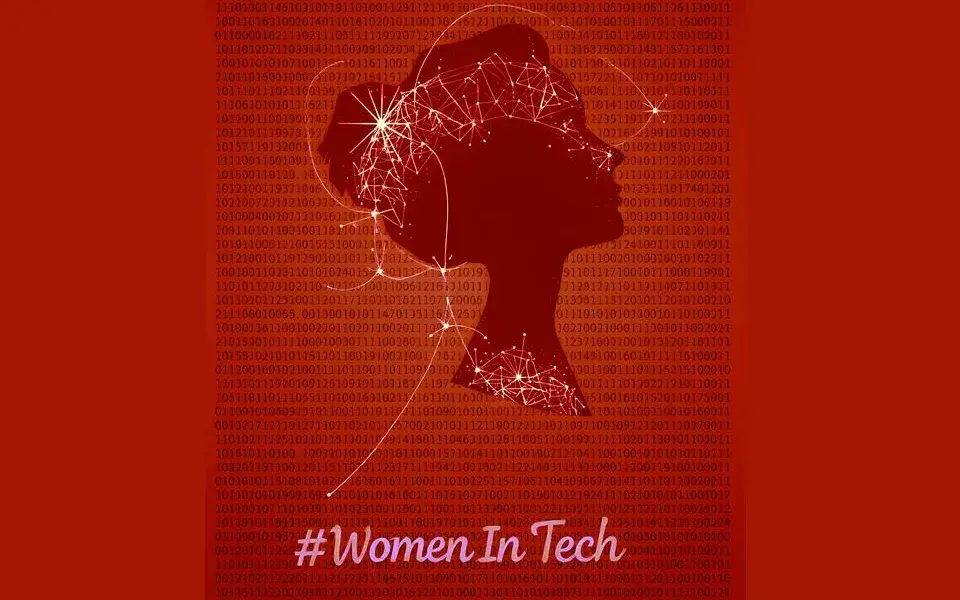To foster an environment and business that encourages diversity, equity, and inclusion (DEI), it is essential for leaders to prioritize and actively invest in DEI. It requires their executive sponsorship.
An example of this is Thoughtworks’ VAPASI program, a return-to-work training, internship and hiring program for women technologists on career breaks. This program isin its ninth year and is aligned with the global goal to reach 40% Women and Under-represented Gender Minorities (WUGM) in tech roles by the end of 2022 (which we achieved, hitting 40.4% as of December 31st, 2022).
This program has evolved over the years and the leadership team continues to believe in the opportunity VAPASI creates to nurture gender equity in tech. Nurturing people’s potential drives business value. When people work in an environment that empowers them to learn, stretch and experiment then positive results happen much faster. The retention rate of Thoughtworkers hired through the VAPASI program is almost 92%, one of the highest in the tech industry: a data-driven example of how business improves when leaders establish a DEI-driven culture.
Inclusive leaders leading the DEI-charged transformation
“Inclusive leaders build inclusive teams, and those teams clearly outperform teams with low inclusion” — these words are from a recent Gartner report.
Founders and C-suite leaders who embed DEI principles in their organization's purpose and values have a transformative impact on their company’s culture, business practices, talent strategy and overall business performance. They set the bar high for their teams and managers to follow. An effective approach of inclusive leaders is to communicate DEI values simply and transparently, to every individual in the organization, thus making them custodians of the company’s DEI agenda.
This third edition of our business agility and DEI series explores what it means to be an inclusive leader. We discuss seven key approaches that help leaders create and maintain inclusive and equitable workplaces.
Inclusive leaders make DEI a strategic business priority
Inclusive leaders ensure that DEI is woven into the fabric of the organization and doesn’t just exist as a series of checklist items. They ensure every function builds its strategies with DEI in mind. As a result, psychological safety flourishes, bringing people together to achieve strategic goals as One Team that enhances business agility.
A simple way of making this happen is by mandating every functional team to have people from, for instance, diverse work environments, a range of cultural backgrounds, under-represented groups and experiences across a variety ofindustries and customer bases. When every team stays true to this principle, inclusion becomes the sensible default.
“Inclusion has always been a key business imperative at Thoughtworks. Each member of the leadership team has individual goals for DEI, which they then pass on to their teams and so forth. We believe that the organization will take inclusion only as seriously as we personally take it. And that drives our behavior.”
Sameer Soman
Co-Managing Director for Thoughtworks in India
DEI is woven into the organization's strategic plans and transformation agenda
To be fully effective, strategies need to be more than a top-down five-year plan created in a boardroom by just the most senior executives and a couple of consultants. To be agile, leaders need to actively engage with their teams and customers to create strategies from the ground up, keeping diversity firmly in mind.
Inclusive leaders embed the DEI business case into their strategies, be it business expansion, talent acquisition, product innovation or client engagements. For example, an inclusive leader will encourage their product teams to run tests with diverse audience groups, ensure accessibility and discuss ethical aspects of technology as a matter of course. Steps like these help to make DEI an important factor in all work being done.
“If you don’t intentionally and deliberately include accessibility practices you will unintentionally exclude people with disabilities.”
Matthew Johnston
Global Head of Disability Inclusion at Thoughtworks
Inclusive leaders drive affirmative action and set DEI goals
Inclusive leaders understand that bringing diversity and being inclusive isn’t easy. So they intentionally shape organizational systems over the long term to support DEI. They redefine corporate policies and governance structures to promote a growth mindset, a sense of unity and singular purpose. They nudge teams to hire for potential instead of expecting candidates to fit into existing templates of experience and skills. They drive affirmative action to bridge inequities and increase representation. The STEP program at Thoughtworks is another example of extending our solidarity and affirmative action by providing opportunities for diverse under-represented groups in tech.
“At Thoughtworks, DEI is everyone’s responsibility. It is ingrained in our behavior. Not only do we actively hire from marginalized communities, we also train, coach, upskill and mentor our teams to be inclusive. Thoughtworks champions a growth-oriented cultivation culture that’s key to our ‘inclusive mindset’ approach.”
Rakhee Kulkarni
Head of Talent Acquisition for Thoughtworks in India
Inclusive leaders walk the talk and ensure their peers and managers follow suit
An inclusive leader is committed to DEI in their organization. They embody it, show it in their everyday interactions, lend their voice to DEI initiatives and support them towards success. For example, this could be participating in DEI events, ensuring leadership teams have diverse representation and being the executive sponsor of new initiatives. This sets a positive and visible example for others to follow.
As organizations flatten and delegate greater accountability, authority and autonomy to the workforce, inclusive leaders shift from a top-down command-and-control structures to ones where accountability is autonomous. They become role models, using influence and persuasion to help teams self-manage sustainably.
“Inclusive leaders lead by example. If I don’t show up at DEI events or if I prioritize a client meeting over a community initiative, it sends the wrong message. To be an inclusive leader, one must show, not tell.”
Gunjan Khandelwal
Head of Business Operations for Thoughtworks in India
Inclusive leaders set DEI expectations and governance
An inclusive leader clearly sets expectations for how DEI goals will be achieved. For instance, they would include DEI responsibilities in the job descriptions for hiring managerial positions and measure progress in performance reviews. On the other hand, they eliminate top-down governance models and choose more empowering ones. They would remove constraints to enable a ‘state of flow’ where individuals and teams perform to their fullest potential with complete autonomy.
“Self-organizing teams can’t be managed effectively with top-down governance. It needs a newer approach. At Thoughtworks, for remote work, we have ‘team-agreed social contracts’ that put together a desired set of social norms that are inclusive and fair. As inclusive leaders, we must eliminate biases and assumptions, empowering teams to create the environment that works best for them — based on a set of collective values.”
Sudhir Tiwari
Regional Managing Director for Thoughtworks in India and Middle East
Inclusive leaders engage with dissent
DEI is a space that can often see different and sometimes conflicting viewpoints. Inclusive leaders are comfortable with dissent and engage with it productively. They promote an open and safe space for employees to express themselves and challenge the status quo. They foster trust, transparency and critical thinking to nurture engagement. Here are some ways to support this:
* Proactively communicating the reasoning behind changes and decisions
* Embracing conflict as a step in making better decisions
* Keeping teams small and close-knit
* Navigating politics with a culture of ‘disagree but commit’
“In agile teams, disagreement and dissent are fundamental to growth. At Thoughtworks, as a community of technologists in self-organizing teams, we believe that everyone must feel free to disagree and debate their point of view. To achieve this, however, inclusive leaders must get comfortable being challenged by anyone on the team, irrespective of their level in the organization.”
Antra Virmani
Head of People Experience for Thoughtworks in India
Inclusive leaders are humble, empathetic, vulnerable and willing to learn
The most important trait of an inclusive leader is the courage to be vulnerable and acknowledge their limitations. This naturally encourages a willingness to learn. For instance, in the context of DEI, leaders who have been reverse-mentored by someone from a marginalized group are more likely to understand the challenges the latter face in the workplace, thus building empathy. Inclusive leaders develop teams where everyone takes managerial responsibilities and remains aligned to the company’s strategy and expectations by being accountable for specific and measurable business outcomes.
“I had the opportunity to learn from two individuals early in my career, when I was working in the US: a project manager who realized that I was uncomfortable dealing with a gay colleague in my team and coached me to overcome my biases; and my colleague who helped me understand my privilege and the marginalization that people from the gay community had to face. Both made a conscious effort to help me understand things from their perspective, and exposed me to situations which took me out of my comfort zone, while acknowledging that my cultural and social upbringing in India was very different from theirs in the US.”
Saptorsi Hore
Global Head of Business Operations for Thoughtworks
In conclusion
An inclusive leader is defined by their integrity, emotional intelligence, empathy and willingness to adapt to change. They drive authentic, purpose-driven workplaces of the future. They ensure DEI principles impact all aspects of business agility from people strategy, organizational culture and operations, to communications and customer engagements. They leverage the transformational impact of diversity, equity and inclusion on business success.
Disclaimer: The statements and opinions expressed in this article are those of the author(s) and do not necessarily reflect the positions of Thoughtworks.
This article is part of a series on Diversity, Equity and Inclusion and Business Agility and is co-authored by
Tina Vinod https://www.linkedin.com/in/tina-vinod-dni/
This series is also available on -
https://www.thoughtworks.com/en-in/insights/blog/diversity-equity-and-inclusion/dei-business-agility-3

















